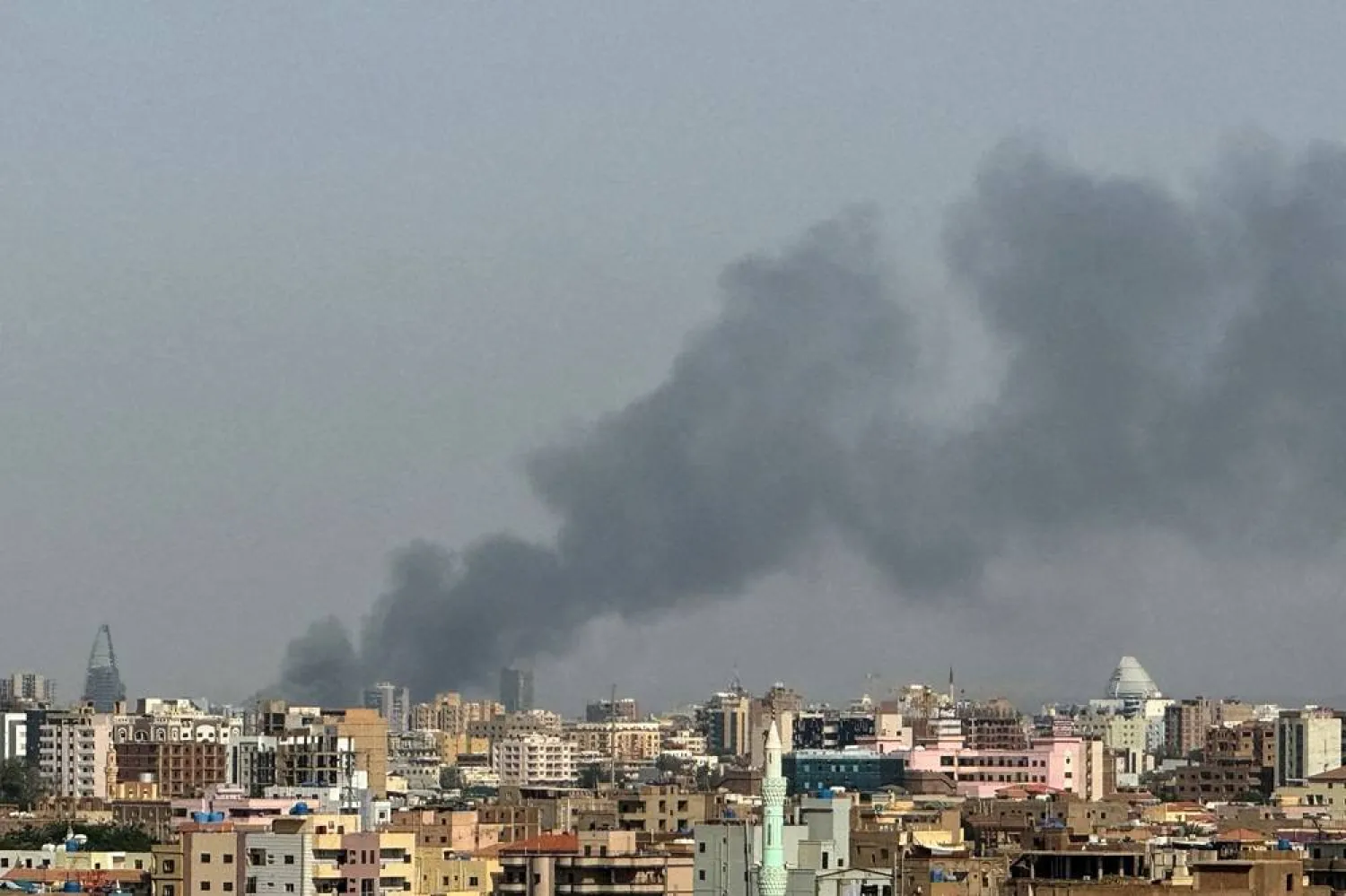The World Defense Show (WDS) 2026, which is organized by the General Authority for Military Industries (GAMI), entered its second day on Monday with a strong focus on innovation and defense integration, supporting national industrial development and the advancement of future capabilities.
GAMI Governor Ahmad Abdulaziz Al-Ohali delivered keynotes reaffirming the Kingdom’s commitment to building an advanced, globally competitive defense industry.
He stated that Saudi Arabia continues to invest in a defense industry built on innovation and partnership, ensuring an integrated approach to defense and security.
According to SPA, he added that WDS 2026 reflects the Kingdom’s ambition to lead globally through technologies that enhance readiness, strengthen supply chains, and support localization under Vision 2030.
Following these remarks, senior Saudi defense leadership led a series of high-level discussions framing the strategic direction of the Kingdom’s defense transformation. Chief of the General Staff General Fayyad Al-Ruwaili delivered an address highlighting the priority of building a future-ready, integrated defense and discussing how global operational trends shape the Kingdom’s approach.
Across the wider venue, the Content Theater Program officially opened, bringing together senior Saudi and international speakers for high-level discussions on industrial development, aerospace growth, defense investment, and supply-chain strengthening. These sessions underscored the Kingdom’s strategic direction and its commitment to building a future-ready defense ecosystem. Parallel to the leadership program, activity across the Future Defense Lab and the Saudi Supply Chain Zone continued to facilitate expert engagement and industry dialogue, serving as additional platforms to support collaboration and capability development.
CEO of World Defense Show Andrew Pearcey said: “Day Two demonstrated the Kingdom’s growing influence in shaping the future of defense technologies and industrial capability. Through strong participation, forward-looking programs, and strategic leadership, WDS continues to serve as a global meeting point for innovation and collaboration.”
The World Defense Show 2026 continues throughout the week with live demonstrations, strategic programs, and engagements spanning air, land, sea, space, and security domains. This year’s edition brings together 1468 exhibitors from 89 countries, with participation from defense leaders, innovators, and investors contributing to Saudi Arabia’s long-term industrial transformation.









